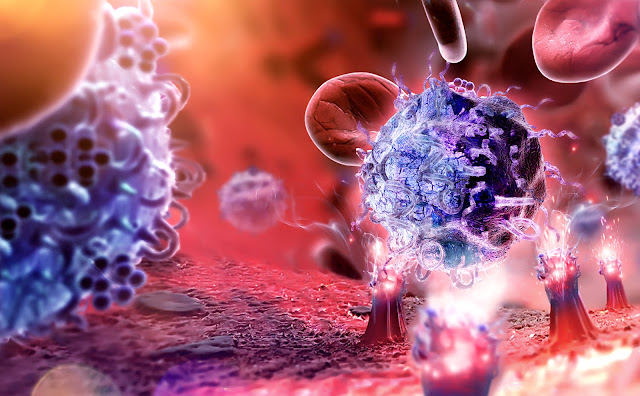The global Immunology Market is estimated to be valued at US$ 91,850 million in 2021 and is expected to exhibit a CAGR of 8% over the forecast period 2021-2028, as highlighted in a new report published by Coherent Market Insights.
Market Overview:
The Immunology Market refers to the market for products and therapies related
to the field of immunology, which focuses on the study and treatment of
disorders related to the immune system. These disorders include autoimmune
diseases, such as rheumatoid arthritis, psoriasis, and multiple sclerosis, as
well as immunodeficiency disorders. The market offers a range of products,
including biologics, immunosuppressants, and vaccines, which are aimed at
modulating or enhancing the immune system. These products provide various
advantages, such as improved disease management, symptom relief, and overall
quality of life for patients suffering from immunological disorders.
Market Key Trends:
One key trend in the immunology market is the increasing prevalence of
autoimmune diseases. Autoimmune diseases are characterized by an overactive
immune response, where the immune system mistakenly attacks the body's own
tissues. The incidence and prevalence of autoimmune diseases have been steadily
increasing globally, and this trend is expected to continue over the forecast
period. Factors such as genetic predisposition, environmental triggers, and
lifestyle factors are contributing to the rise in autoimmune diseases. This
increasing prevalence is driving the demand for immunology products and
therapies, as patients seek effective treatments to manage their symptoms and
improve their quality of life. Key players in the market are investing in new
drug development and research to meet this growing demand and provide
innovative solutions for patients with autoimmune diseases.
PEST Analysis:
Political:
The political landscape plays a crucial role in the immunology market.
Governments across the world have various regulations and policies related to
healthcare and pharmaceuticals. These regulations impact the pricing,
production, and distribution of immunology drugs. Governments may also provide
incentives or subsidies to promote research and development in the field of
immunology, which can influence market growth.
Economic:
The economic factors affecting the immunology market include factors such as
disposable income, healthcare expenditure, and reimbursement policies. Rising
disposable income allows individuals to afford expensive immunology treatments,
driving market growth. Additionally, government healthcare expenditure and
favorable reimbursement policies can encourage patients to seek immunology
treatments, boosting market demand.
Social:
The social factors influencing the immunology market revolve around the
prevalence of immunological disorders and changing demographics. An aging
population is more susceptible to immunological diseases, which increases the
demand for immunology treatments. Moreover, increasing awareness and education
about immunological disorders have led to early diagnosis and treatment,
further driving market growth.
Technological:
Technological advancements play a vital role in the development of innovative
and effective immunology treatments. The use of advanced diagnostic techniques,
such as biomarkers and genetic testing, helps in accurate diagnosis and
targeted therapy. Additionally, advancements in drug delivery systems, such as
biologics and specialized formulations, enhance patient convenience and
treatment efficacy.
Key Takeaways:
The global Immunology
Market Share is expected to witness high growth, exhibiting a CAGR of 8% over the forecast period of
2021-2028. This growth can be attributed to several drivers, including
increasing prevalence of immunological disorders, rising disposable income,
advancements in technology, and supportive government initiatives.
In terms of regional analysis, North America is projected to be the
fastest-growing and dominating region in the immunology market. The region has
a well-established healthcare infrastructure, high healthcare expenditure, and
a large patient population. The presence of key market players and ongoing
research and development activities further contribute to the region's
dominance.
Key players operating in the immunology market include AbbVie Inc., Janssen
Global Services (a subsidiary of Johnson & Johnson), F. Hoffmann-La Roche
Ltd, Amgen Inc., Pfizer Inc., Novartis, Astellas, Bristol-Myers Squibb Company,
Merck Sharp & Dohme Corp., UCB SA, and Allergan plc. These key players
focus on product innovation, collaborations, and strategic partnerships to
maintain their market position and cater to the growing demand for immunology
treatments.
Read More,
https://www.newsstatix.com/immunology-market-trends-size-and-share-analysis/




0 Comments